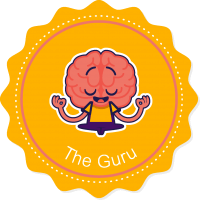Hands-on education, underpinned by tactile experiences, is a dynamic force in the realm of learning. It shifts the focus from passive absorption of information to active exploration and discovery. This educational approach fosters a deeper engagement with the subject matter, as students are not mere observers but participants in their learning journey.
Tactile experiences in the classroom can significantly enhance educational outcomes. By incorporating physical objects and activities into lessons, educators can tap into students’ innate curiosity and drive for exploration. This method is especially effective for learners who understand and retain information more thoroughly through physical movement and manipulation.
A hands-on approach can translate theoretical concepts into tangible experiences. For example, in a science class, students can grasp the principles of physics by constructing models or experimenting with materials that exhibit different properties. Such interactions not only clarify abstract ideas but also solidify knowledge through the sensation of touch.
Moreover, tactile learning strategies can be particularly beneficial in enhancing memory retention. The physical engagement in educational activities requires more cognitive effort, which leads to stronger memory traces. According to the learning pyramid developed by the National Training Laboratories, retention rates for learning by doing can reach up to 75%, compared to only 5% for lecture-based learnings.
Revisiting Learning Styles
The concept of learning styles has faced considerable scrutiny, with critics questioning the utility of categorizing individuals into fixed modes of learning. However, emerging research in embodied cognition and extended mind theory underscores the intricate connection between our physical actions and cognitive processes.


One Comment
Leave a Reply